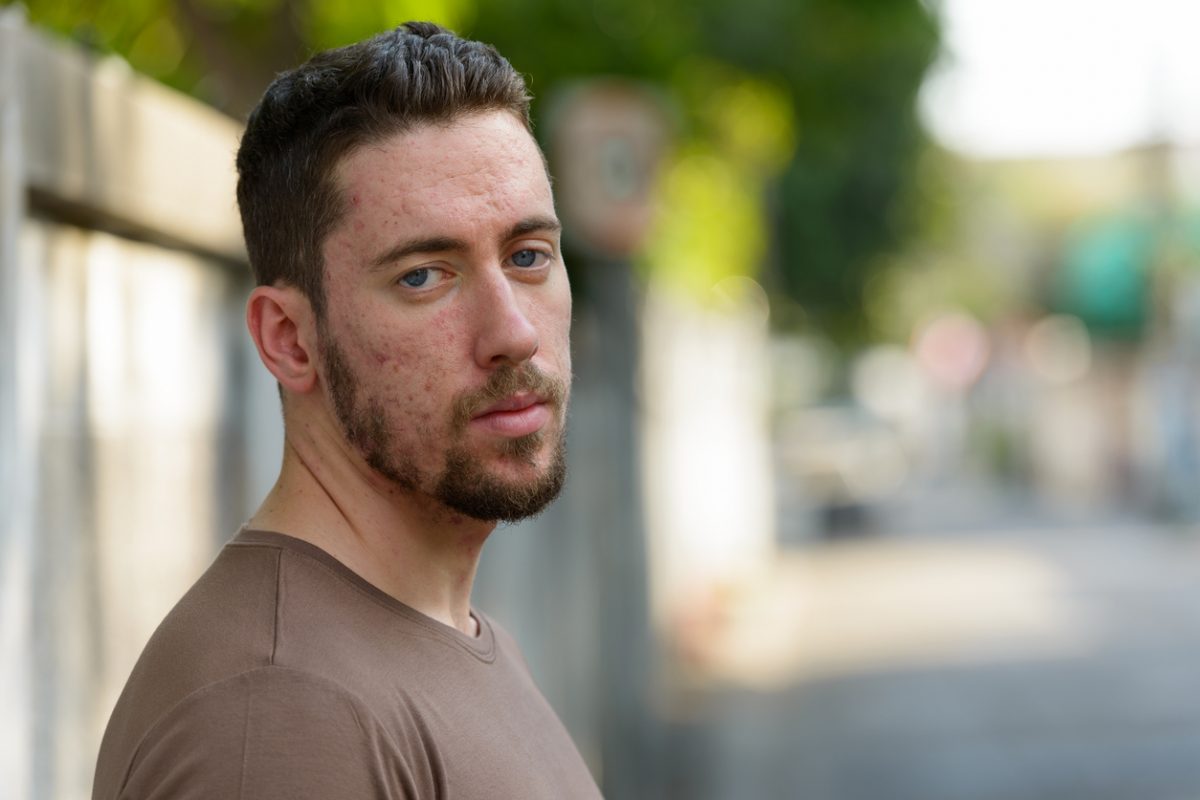Home » Acne News » Survey reveals the financial cost of self-treating acne
Survey reveals the financial cost of self-treating acne

An Australian skin clinic survey has found that acne treatment cost is quite significant for people who attempt to self-treat their acne. People with acne spend about $850 on over-the-counter treatments before seeing a dermatologist, the study found.
“The key finding of our study was that acne has a significant financial impact on individuals, irrespective of their household income,” said co-author Dr Claire Felmingham, a dermatology registrar at The Skin Health Institute, Melbourne.
The survey included 46 participants over the age of 16 with acne. The respondents were mostly younger adults or teenagers, with 65% aged between 16 and 24 years.
While the average spending was $850 in the preceding six months, the range of spending varied widely. The least spent was $0 and the most spent was $3,000. The median spend (the middle value among all amounts) was $417 over the six-month period.
Over-the-counter products make up the biggest acne treatment cost
Products bought from pharmacies and supermarkets were the main acne treatment cost for men and women, even though there’s a lack of evidence that they help in the management of acne.
Those over-the-counter products made up 84% of overall spending for females and 68% for males, and included cleansers, toners, exfoliators, moisturizers, masks, gels, serum, and oils.
“It was interesting that over-the-counter product costs were responsible for the greatest expenditure,” Dr Felmingham said.
“However, we know that few of these therapies are evidence-based. Some of them have no effect and some of them could in fact make acne worse.”
Spending on over-the-counter products was vastly more than for prescription medication, the survey found. “Prescription costs accounted for only 3% in females and 24% in males,” Dr Felmingham said.
Women – but not men – try alternative treatments
The male participants in the study didn’t report spending any money on alternative medicines, but for female participants, 8% of their spending went on alternative treatments. Alternative treatments include herbal medicine, probiotic supplements or dietary changes.
“There are some costs which may be unnecessary and could be avoided with early and good medical advice,” she said.
Why people try over-the-counter remedies first
Going to the pharmacy or supermarket to buy products first may come down to the perception that skin problems are mostly cosmetic, Dr Felmingham said.
“Acne is often considered to be a cosmetic issue rather than a medical issue, and people are more likely to consult the internet for advice and try multiple over-the-counter products first before seeking medical advice,” she said.
“Those products may be promoted or advertised through online channels including social media, and they’re purchased before consulting a doctor for acne information and management advice.
Acne can also have a significant psychological impact and a significant impact on quality of life, Dr Felmingham said.
The majority of participants in the study (87%) rated their acne severity as moderate or moderate to severe, while 74% rated the impact of acne on their quality of life as either moderate to severe or severe.
“That could explain why participants are so willing to spend a lot of money to improve or clear their acne, and could also explain why there was no statistically significant difference in acne spending between income brackets.”
People delay seeing a doctor
Another finding of the survey was that people often delay seeing a doctor about their acne, even if the acne is severe.
Dr Felmingham said it’s not uncommon for people with acne to delay booking a consultation with a dermatologist.
“For 39% of participants, they delayed consulting a dermatologist, and 61% of these participants delayed the consultation by at least one year.”
The main reason for putting off seeing a doctor was cost, Dr Felmingham said, even though people spent potentially hundreds or thousands of dollars on over-the-counter products.
“For 78% of those who delayed the consultation, they reported that cost was at least part of their reason for delay. That delay is consistent with findings of similar studies, too.
“However, it’s likely that seeing a dermatologist earlier could save individuals from unnecessary costs associated with ineffective acne product treatments.”
Getting medical advice early is best for skin health
Many over-the-counter products and alternative treatments have little scientific evidence to back their claims, she said. They may have no effect at all, or they can even make acne worse.
If you feel you need help with skin breakouts, book a consultation with your GP, who can refer you to a dermatologist if needed. There are plenty of acne treatments that can improve your skin and help manage your acne.
Read more:
The link between gut health and acne
Getting skin breakouts from wearing a face mask? you could have ‘maskne’
How to deal with pimple breakouts as a teenager
When to see a doctor about your acne
